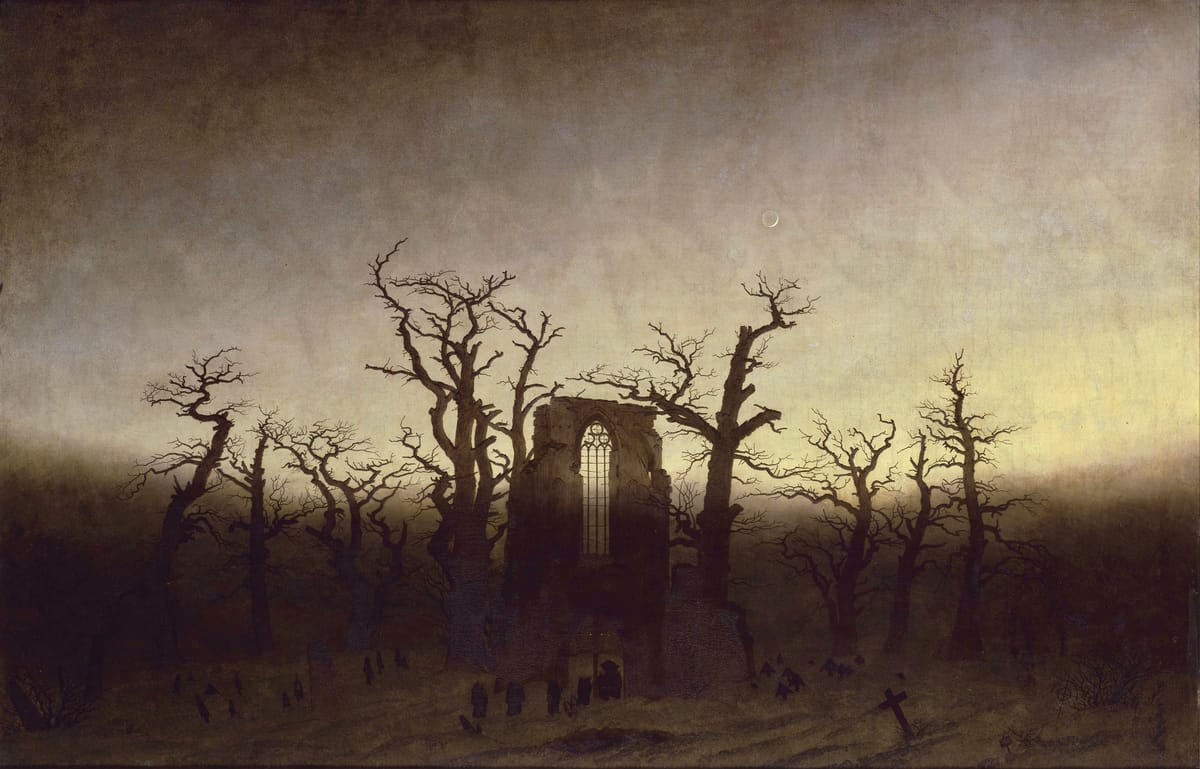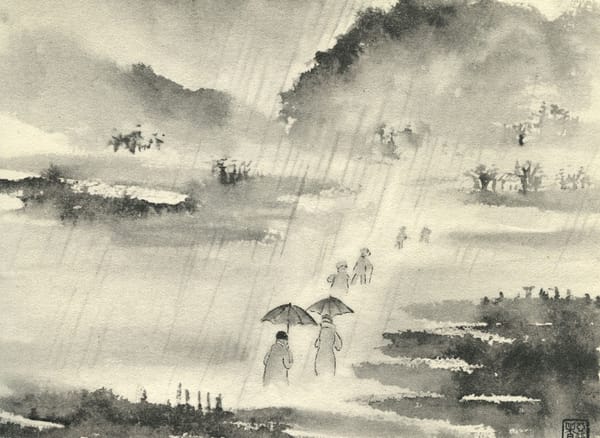A Calque, Ulysses? No, Logos Unbound

The rich
will make temples for Śiva.
What shall I,
a poor man,
do?
My legs are pillars,
the body the shrine,
the head a cupola
of gold.
Listen, O lord of the meeting rivers,
things standing shall fall,
but the moving ever shall stay.
—Basavaṇṇa (12th cent.), vācana 820. Translation by A.K. Ramanujan, from Speaking of Śiva (1973), p. 19.
There is no reason at all, beyond our social Darwinian calculus, to suppose that those religions familiar to us that have survived and spread most aggressively are in any way truer. I can observe this without romantic eyes for all religions that have faded indiscriminately, knowing that some were brutal in fact and not merely in the polemics of their detractors. A religion aspiring to universality relies on sprawling patronage networks that succeed through negotiation and compromise. A religion bound by place and people may be closed in on itself but this is a protective seal it sets against the ravages of time. How many good and beautiful ways have risen, flourished, and fallen back to the dust like the perennial flowers of the field? How many open or close like passages accessible only in their season? I have a sweet hope that wherever I land is where I am meant to alight but I can never shake the certainty my saving barque is a Ship of Theseus whose wood is the bones of dead pieties. Some day, when our pride and folly are wrack forgot, their flotsam and jetsam will be wood for other vessels and refuges. Not my station to wield the axe but to wander ever resigned to the way in all its changes, laughing with those who laugh and weeping with those who weep but dwelling nowhere.





